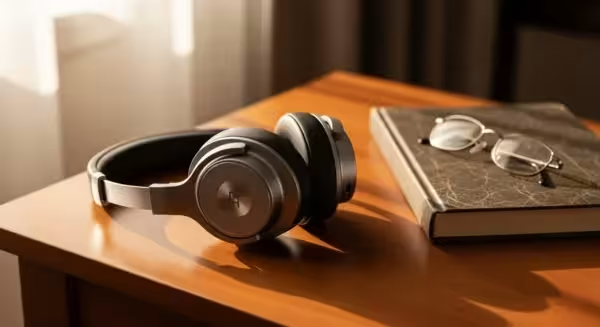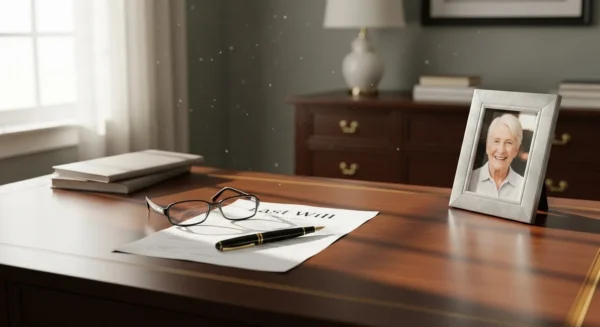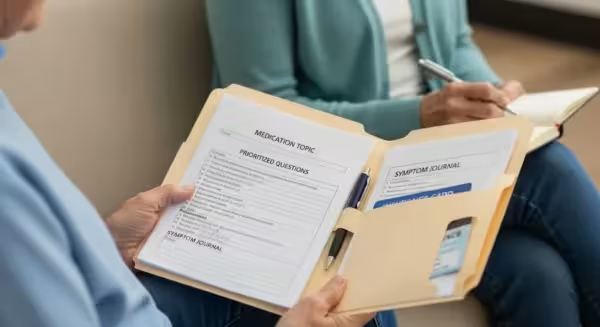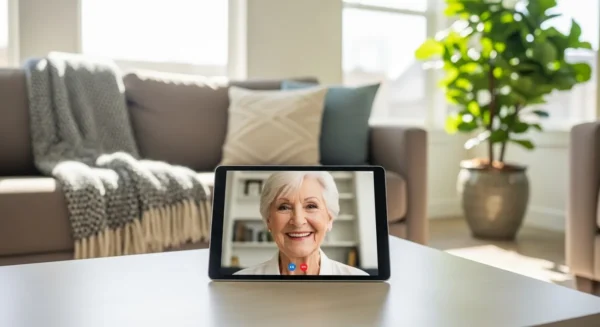
Key Signs It’s Time to Consult a Doctor or Therapist
While using music for wellness at home is generally very safe, it is not a replacement for professional medical care. It is essential to recognize when it is time to seek advice from a healthcare provider. Please consult your doctor or a qualified therapist if you experience any of the following:
- Consistent Negative Reactions: If you find that music, regardless of the type, consistently causes you to feel agitated, anxious, sad, or overwhelmed, it is important to discuss these feelings with a professional. There may be underlying emotional or psychological issues that need to be addressed.
- Music Triggers Unmanageable Emotions: If a song brings up powerful memories associated with grief or trauma that you find difficult to cope with on your own, a therapist or grief counselor can provide you with the tools to process these emotions in a healthy way.
- Significant Cognitive Changes: While music can support cognitive wellness, it cannot reverse or cure progressive conditions like dementia. If you or a loved one are experiencing a noticeable decline in memory, problem-solving skills, or daily functioning, it is crucial to see a doctor for a proper diagnosis and treatment plan.
- Before Starting a New Physical Activity: If you are inspired to join a music-based exercise or dance class, talk to your doctor first, especially if you have a history of heart disease, breathing problems, dizziness, or balance issues. They can help you determine what level of activity is safe for you.
- Interest in Formal Music Therapy: If you wish to address specific health goals—such as motor skills rehabilitation after a stroke or deep-seated anxiety—ask your doctor for a referral to a board-certified music therapist (MT-BC). These professionals are trained to design clinical music interventions tailored to your specific needs.















